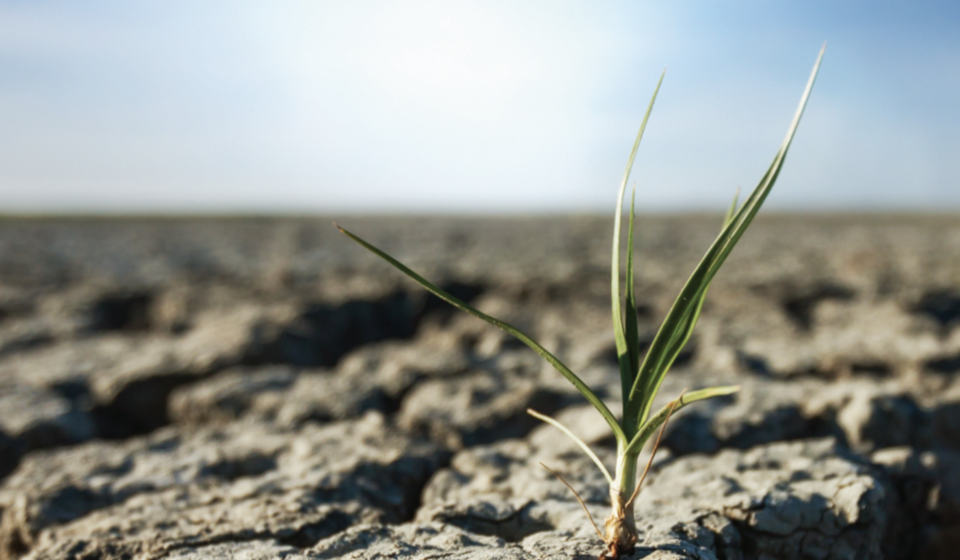UC Berkeley has long been a beacon of innovation and leadership in the field of sustainability. As one of the world's most prestigious universities, it is committed to addressing environmental challenges through research, education, and community engagement. The institution's dedication to sustainability is evident in its cutting-edge initiatives and groundbreaking programs.
In today's rapidly changing world, the importance of sustainability cannot be overstated. UC Berkeley recognizes this pressing need and has positioned itself at the forefront of the global movement toward a more sustainable future. Through interdisciplinary collaboration and forward-thinking strategies, the university continues to inspire and influence both academia and industry.
This article will explore UC Berkeley's sustainability efforts, highlighting key programs, research initiatives, and community involvement. By delving into the university's commitment to environmental stewardship, we aim to provide a comprehensive understanding of how UC Berkeley is shaping the future of sustainability.
Read also:Henry Ford Pain Clinic Your Premier Destination For Comprehensive Pain Management
Table of Contents
- Introduction
- A Brief History of UC Berkeley Sustainability
- Sustainability Goals at UC Berkeley
- Groundbreaking Sustainability Research
- Sustainability in Education
- Campus Sustainability Initiatives
- Community Engagement and Partnerships
- Challenges and Opportunities
- Student Involvement in Sustainability
- The Future of UC Berkeley Sustainability
A Brief History of UC Berkeley Sustainability
UC Berkeley's journey toward sustainability began decades ago, rooted in its commitment to social responsibility and environmental stewardship. The university's history in this area dates back to the 1960s when it became a hub for environmental activism. This activism laid the foundation for the university's current sustainability initiatives.
In the early 2000s, UC Berkeley formalized its sustainability efforts by establishing dedicated programs and offices focused on reducing its carbon footprint and promoting environmental awareness. Over the years, these programs have evolved and expanded, reflecting the university's dedication to addressing global environmental challenges.
Today, UC Berkeley is recognized as a leader in sustainability, with a reputation for innovative research and effective implementation of sustainable practices. Its historical commitment to the environment continues to inspire both students and faculty alike.
Sustainability Goals at UC Berkeley
Carbon Neutrality by 2025
One of UC Berkeley's most ambitious sustainability goals is achieving carbon neutrality by 2025. The university has made significant strides in reducing greenhouse gas emissions through energy-efficient buildings, renewable energy sources, and sustainable transportation options. These efforts are part of the larger UC system's initiative to combat climate change.
Zero Waste by 2020
Another key goal is achieving zero waste by 2020. UC Berkeley has implemented comprehensive recycling and composting programs across campus, significantly reducing landfill contributions. The university continues to refine its waste management strategies to meet and exceed this target.
By setting clear and measurable goals, UC Berkeley demonstrates its commitment to sustainability and serves as a model for other institutions striving to reduce their environmental impact.
Read also:Unveiling The Legacy Waxy Oconnors London
Groundbreaking Sustainability Research
UC Berkeley is home to some of the world's leading researchers in sustainability. The university's faculty and students are at the forefront of developing innovative solutions to pressing environmental issues. From renewable energy technologies to sustainable agriculture, UC Berkeley's research spans a wide range of disciplines.
- Renewable Energy: Researchers at UC Berkeley are exploring new ways to harness solar, wind, and other renewable energy sources.
- Sustainable Agriculture: The university's agricultural programs focus on developing practices that enhance food security while minimizing environmental impact.
- Water Conservation: UC Berkeley's water management research addresses the global water crisis by promoting efficient water usage and conservation techniques.
These research efforts not only contribute to UC Berkeley's sustainability goals but also have a profound impact on global environmental policies and practices.
Sustainability in Education
Interdisciplinary Programs
UC Berkeley offers a variety of interdisciplinary programs that integrate sustainability into the curriculum. These programs provide students with a comprehensive understanding of environmental issues and equip them with the skills needed to address these challenges.
Hands-On Learning
Students at UC Berkeley have the opportunity to engage in hands-on learning experiences through internships, research projects, and community service. These experiences allow them to apply their knowledge in real-world settings, fostering a deeper understanding of sustainability principles.
By incorporating sustainability into its education model, UC Berkeley ensures that its graduates are well-prepared to tackle the environmental challenges of the future.
Campus Sustainability Initiatives
UC Berkeley's campus is a living laboratory for sustainability. The university has implemented numerous initiatives to reduce its environmental impact and promote sustainable practices among its community members.
- Green Buildings: The campus features several LEED-certified buildings that incorporate energy-efficient designs and materials.
- Sustainable Transportation: UC Berkeley encourages the use of public transportation, bicycles, and electric vehicles to reduce emissions from commuting.
- Water Conservation: The university has implemented water-saving measures, such as low-flow fixtures and drought-resistant landscaping, to conserve water resources.
These initiatives demonstrate UC Berkeley's commitment to creating a sustainable campus environment that serves as a model for others.
Community Engagement and Partnerships
UC Berkeley recognizes the importance of community engagement in achieving its sustainability goals. The university collaborates with local organizations, governments, and businesses to promote environmental awareness and action.
Community Outreach
Through outreach programs, UC Berkeley educates the public about sustainability and encourages individuals to adopt eco-friendly practices in their daily lives. These programs often involve workshops, seminars, and volunteer opportunities.
Partnerships
The university partners with various organizations to advance sustainability research and implementation. These partnerships leverage the expertise and resources of multiple stakeholders to create impactful solutions to environmental challenges.
By engaging with the community and forming strategic partnerships, UC Berkeley amplifies its sustainability efforts and fosters a culture of environmental stewardship.
Challenges and Opportunities
While UC Berkeley has made significant progress in sustainability, there are still challenges to overcome. Funding constraints, technological limitations, and resistance to change can hinder the implementation of sustainable practices. However, these challenges also present opportunities for innovation and collaboration.
Innovation
UC Berkeley's commitment to sustainability drives innovation in research and technology. By tackling these challenges head-on, the university continues to push the boundaries of what is possible in the field of environmental science.
Collaboration
Collaboration with other institutions, organizations, and stakeholders is essential for addressing the complex environmental challenges of today. UC Berkeley's partnerships foster a collaborative environment that promotes shared knowledge and resources.
By embracing these challenges and opportunities, UC Berkeley remains at the forefront of the sustainability movement.
Student Involvement in Sustainability
Students play a crucial role in UC Berkeley's sustainability efforts. Through student organizations, clubs, and initiatives, they contribute to the university's environmental goals and advocate for change.
- Student Organizations: Numerous student-led organizations focus on sustainability, hosting events, and campaigns to raise awareness and promote action.
- Green Initiatives Fund: The university provides funding for student-led sustainability projects, empowering students to make a tangible impact on campus and beyond.
- Advocacy: Students actively advocate for sustainability policies and practices, influencing decision-making at both the university and community levels.
Student involvement ensures that sustainability remains a priority at UC Berkeley and fosters a culture of environmental responsibility among the student body.
The Future of UC Berkeley Sustainability
Looking ahead, UC Berkeley's sustainability efforts will continue to evolve and expand. The university remains committed to achieving its ambitious goals and addressing emerging environmental challenges. Through ongoing research, education, and community engagement, UC Berkeley will maintain its position as a leader in the sustainability movement.
In the coming years, UC Berkeley plans to further integrate sustainability into its operations, curriculum, and outreach efforts. The university will also continue to collaborate with partners across sectors to create innovative solutions to global environmental issues.
By staying at the forefront of sustainability, UC Berkeley inspires others to join in the effort to create a more sustainable future for all.
Kesimpulan
UC Berkeley's dedication to sustainability is evident in its comprehensive initiatives, groundbreaking research, and commitment to education and community engagement. The university's efforts not only benefit its campus and surrounding community but also contribute to global environmental progress.
We invite you to explore UC Berkeley's sustainability programs further and consider how you can contribute to this important cause. Share this article with others to spread awareness about the importance of sustainability and encourage action. Together, we can build a greener future for generations to come.



